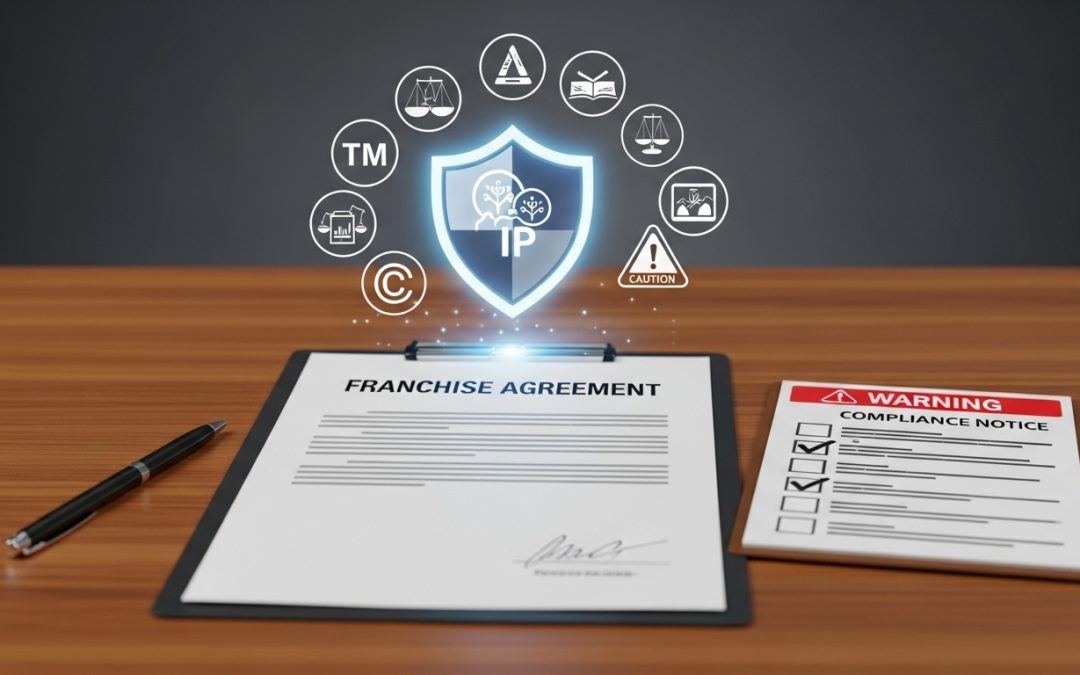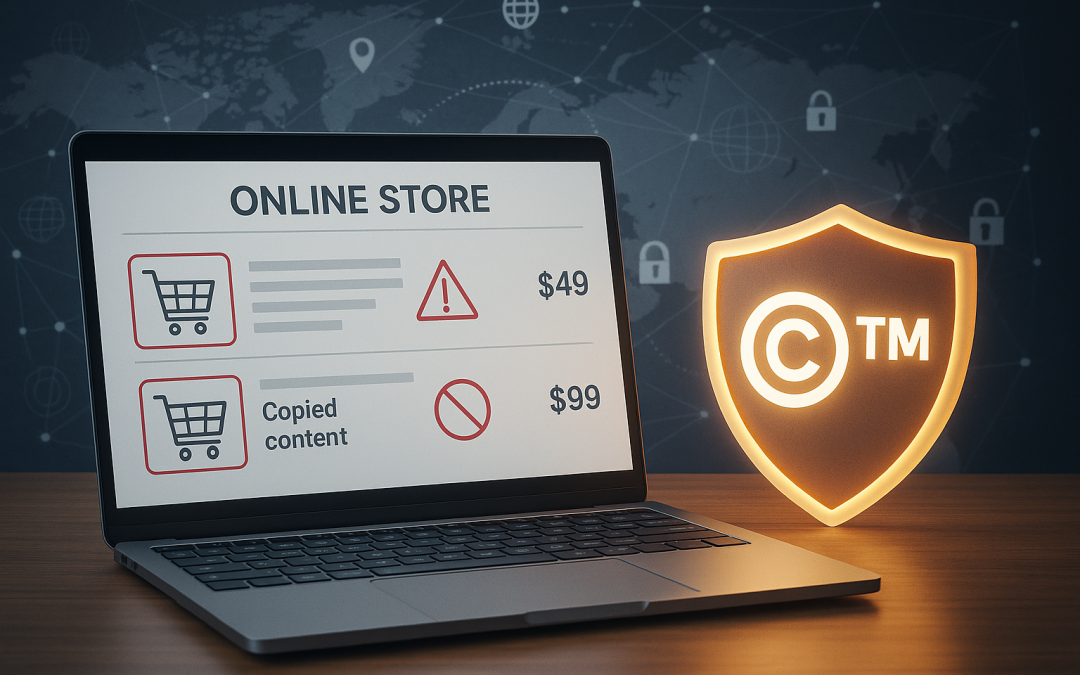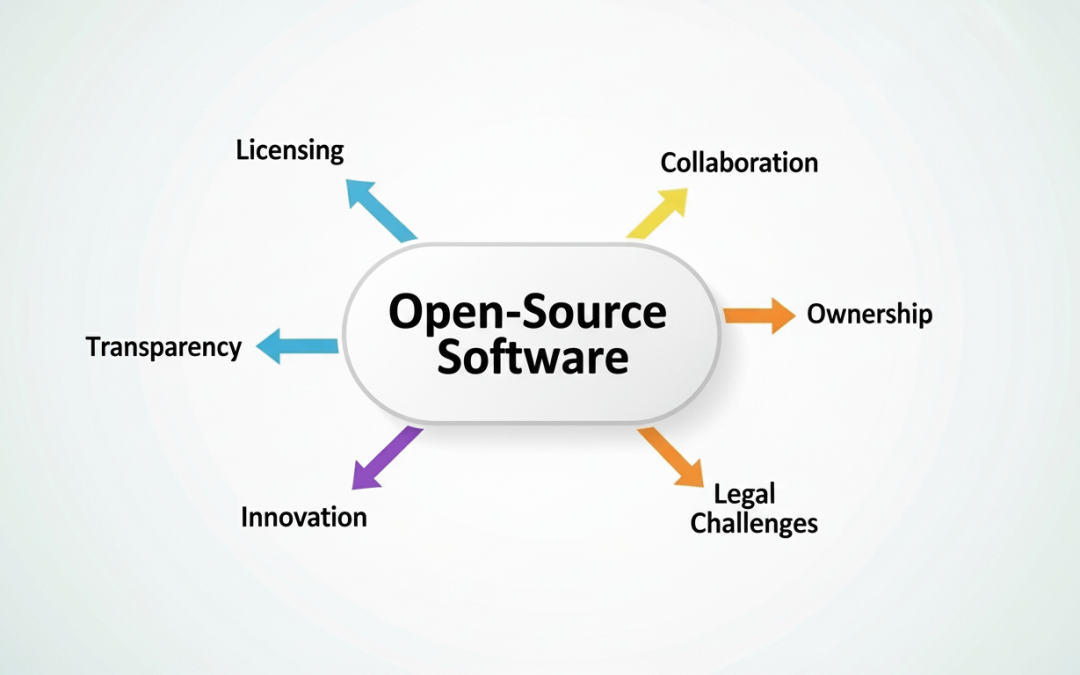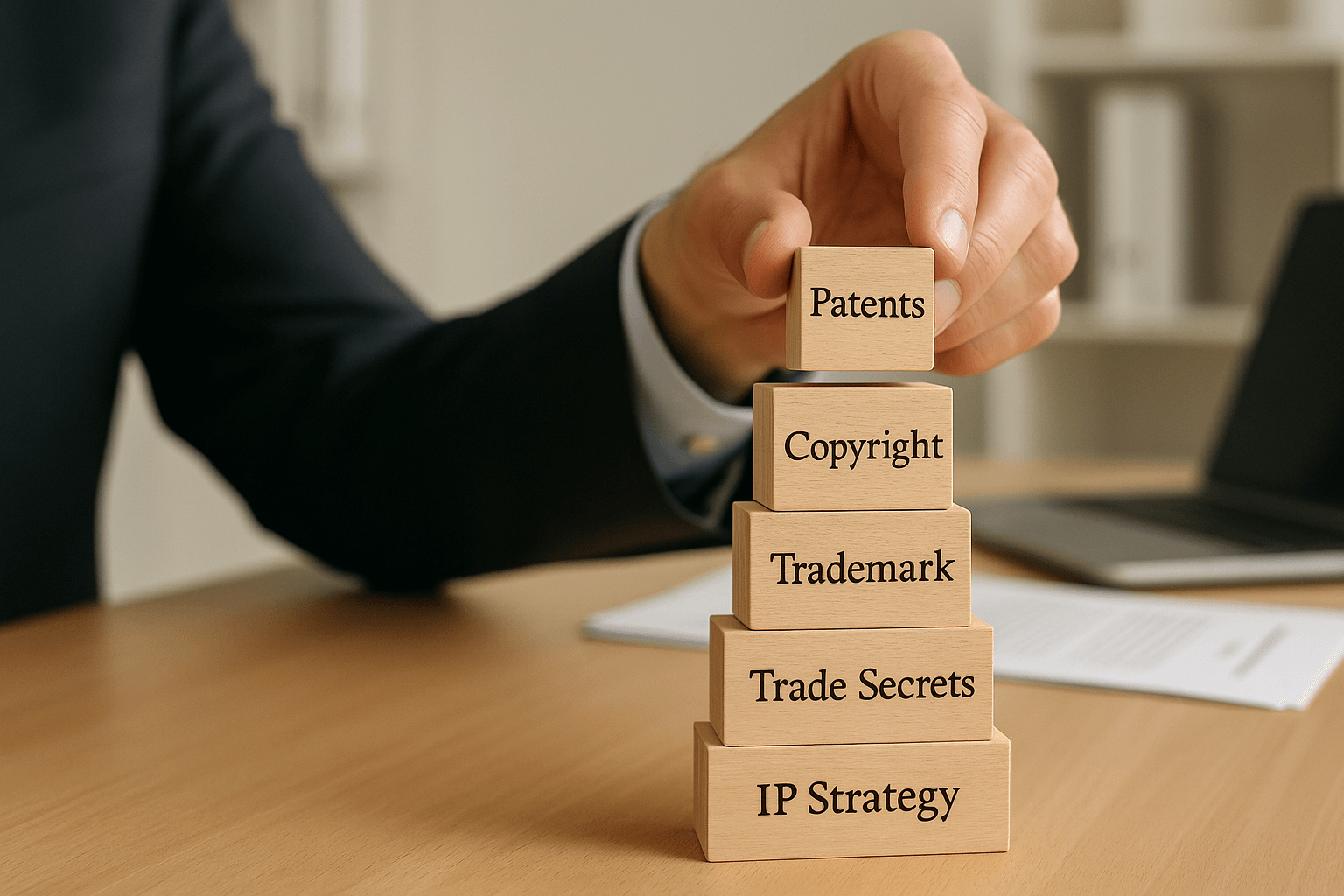In a new business, everything starts with that one clever idea—maybe a product nobody has seen before, a brand that feels different, or some smart tech that solves a real problem.
But the truth is, good ideas don’t stay unique for long. Others will try to copy what works. That’s why protecting IP in startups shouldn’t be something founders push to “later.” Getting copyright, trademark, and patent protection early on gives you the right to own what you created and stops someone else from capitalizing on your hard work. If you wait too long, you might lose the very thing that makes your startup special in the first place.
IP Provides Building Blocks to Improve Competitive Advantage
In most cases, the operating environments for startups are fairly fast, and competitors would easily copy ideas. Securing copyright in the form of publishing or registering trademarks, and patents if the situation demands, creates a legal shield against copying-by-identical means, identity features, or content. That gives the founders some control over how the idea would be utilized and commercialized, thereby making the prospect appear marketable and putting their heads above their competitors from day one.
An IP strategy that works can also increase a business’s credibility. Investors seek assurance that the startup possesses what it claims to sell. The more protected the technologies, branded assets, or proprietary content are, the more credible and attractive the business becomes.















